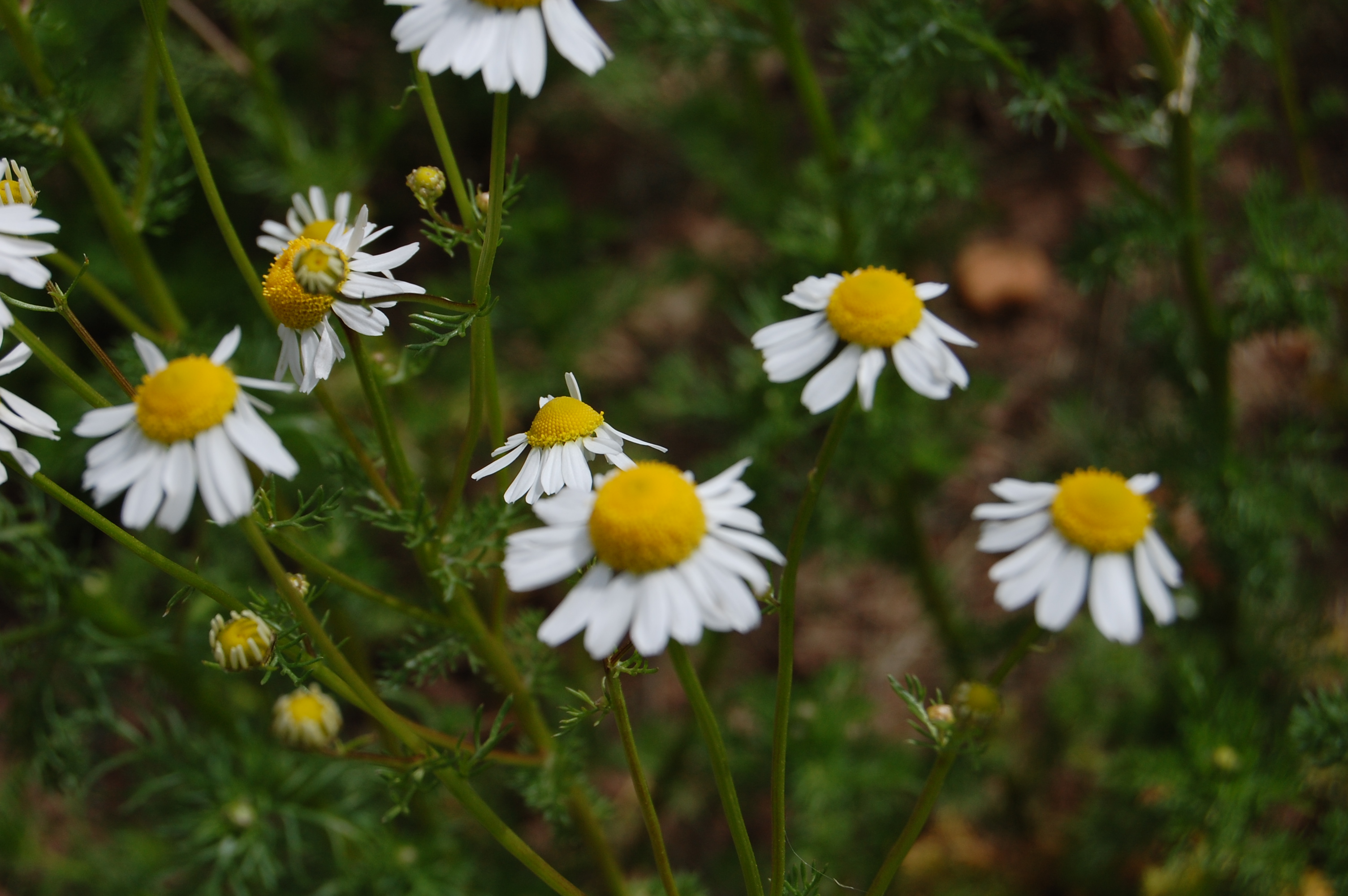Companion planting, planting certain plants together to benefit one or both of them, has been practiced for centuries. Modern science can find no basis for the practice but gardeners swear by it. Companion plants can improve the flavor or health of plants, improve the soil, attract beneficial insects or repel pests. Herbs can do all of these things.
Using herbs to attract beneficial insects and repel pests is covered in separate articles. For this article, I want to concentrate on using herbs to improve the flavor and health of your vegetables as well as improve your soil.
Basil is said to enhance the flavor of tomatoes and peppers. Whether that is true or not, planting these three together makes harvesting for dinner easier. The only problem could be deciding which basil to plant!
Other good combinations are planting dill with cabbage, tarragon with eggplant, summer savory or oregano with beans, and borage with strawberries. When planted near radishes, chervil adds spiciness to their flavor. Marjoram improves the flavor of both vegetables and herbs.
German Chamomile is known as a nurse plant. It can help ailing plants just by growing near them. You can make a “tea” with it to directly feed both indoor and outdoor plants. Tonic teas can also be made from comfrey and stinging nettle. Lovage and tarragon are also good for the health of nearby plants.
Nasturtiums are referred to as “trap crops” because they attract aphids and flea beetles, luring them away from your veggies. Comfrey is said to be a good trap crop for slugs.
Caraway has strong, deep roots which loosen the soil making it easier for your other crops to grow. A bonus are the caraway seeds that you can use on homemade breads and in your pickling recipes. Borage helps improve soil by adding trace elements to it. It also helps nearby plants to be more resistant to pests and disease.
Another herb that improves soil is comfrey. Its tap root grows deeper in the soil than most plants so it can access minerals and nutrients not available to other plants. Those minerals and nutrients are stored in the leaves, which lacking fiber, break down easily and can be used in a tea for your plants, as a compost activator, as mulch and as part of your potting mixture for containers.
Yarrow is another good compost activator. It is also said to increase the amount of essential oils in nearby herb plants.
Instead of segregating your herbs in a separate herb garden, plant them in your vegetable garden to improve flavor and increase the yield of your crops.

